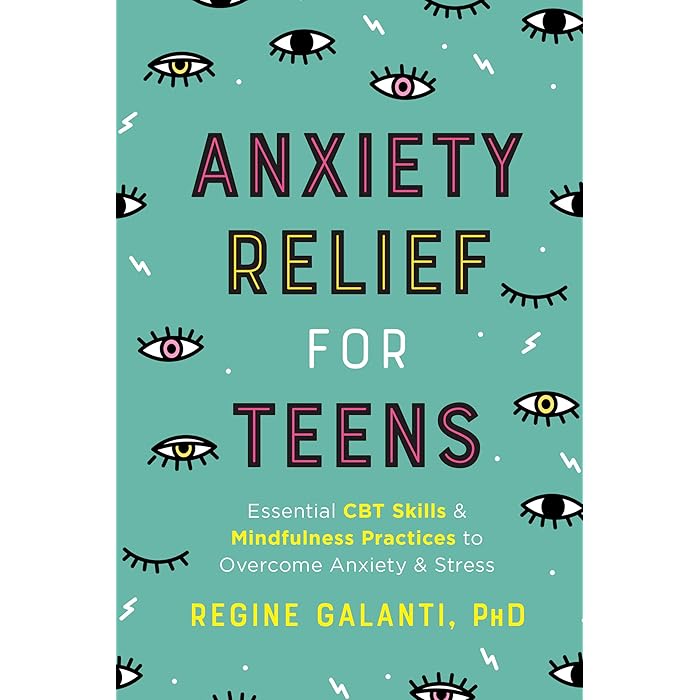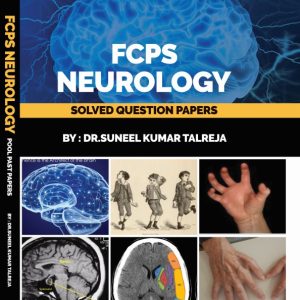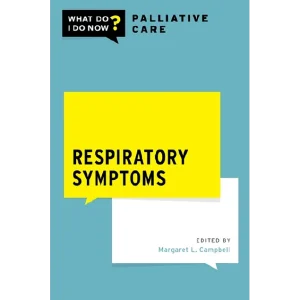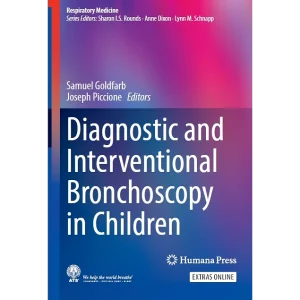Description
Anxiety is common among teenagers due to various factors, including academic pressure, social concerns, hormonal changes, and personal challenges. However, there are effective strategies and practices that can help manage and relieve anxiety. Here are some suggestions:
### 1. **Mindfulness and Relaxation Techniques**
– **Breathing Exercises:** Practicing deep breathing or the “4-7-8” technique (inhale for 4 seconds, hold for 7 seconds, exhale for 8 seconds) can calm the nervous system and reduce anxiety.
– **Progressive Muscle Relaxation (PMR):** This technique involves tensing and then slowly releasing each muscle group in the body, promoting physical relaxation and easing tension.
– **Meditation or Mindfulness Apps:** Apps like Headspace or Calm offer guided meditations tailored to teens, helping them develop mindfulness and reduce stress.
### 2. **Physical Activity**
– Regular exercise releases endorphins, which can reduce stress and improve mood. Even something as simple as a daily walk, yoga, or dancing can help relieve anxiety.
– **Yoga and Tai Chi:** These practices combine movement, breath control, and mindfulness to relieve both physical and emotional stress.
### 3. **Healthy Lifestyle Choices**
– **Sleep Hygiene:** Getting enough sleep is crucial. Lack of sleep can worsen anxiety, so maintaining a regular sleep schedule, avoiding screens before bed, and creating a relaxing nighttime routine can be beneficial.
– **Nutrition:** Eating a balanced diet rich in vitamins and minerals supports mental health. Avoiding too much caffeine or sugar can help prevent feelings of jitteriness or increased anxiety.
### 4. **Cognitive Behavioral Strategies (CBT)**
– **Challenge Negative Thoughts:** Encourage teens to identify and challenge irrational or negative thoughts that contribute to anxiety. Reframing these thoughts can reduce feelings of fear or worry.
– **Behavioral Exposure:** Gradual exposure to anxiety-inducing situations in a safe and controlled manner can help reduce avoidance behavior and build resilience.
### 5. **Social Support**
– **Talking to Someone Trusted:** Encouraging open communication with friends, family members, or mentors can provide emotional support. Sometimes just talking about anxiety can lessen its intensity.
– **Support Groups:** Sometimes connecting with peers who experience similar struggles can help reduce the feeling of isolation.
### 6. **Creative Outlets**
– **Art or Writing:** Creative activities such as drawing, painting, journaling, or writing poetry can offer an emotional outlet and help teens express feelings that are hard to verbalize.
– **Music and Dance:** Listening to calming music or dancing can help teens release pent-up emotions and improve mood.
### 7. **Limiting Stressors**
– **Time Management:** Encourage teens to break tasks into smaller, manageable steps and prioritize their tasks. Learning how to manage time effectively can reduce feelings of overwhelm.
– **Avoiding Over-scheduling:** It’s important to balance school, extracurricular activities, and downtime to avoid burnout.
### 8. **Professional Support**
– **Therapy:** Cognitive Behavioral Therapy (CBT), exposure therapy, and other therapeutic modalities can be highly effective in treating anxiety. A therapist can work with the teen to develop coping strategies and address underlying issues.
– **Medication:** In some cases, a doctor or psychiatrist may recommend medication to help manage anxiety. This option should be discussed with a healthcare professional.
### 9. **Mindset and Perspective**
– **Building Resilience:** Encourage a growth mindset, where mistakes are seen as opportunities to learn rather than sources of failure. This shift can help reduce pressure and anxiety over time.
– **Gratitude Practice:** Helping teens focus on positive things in their life, such as writing down three things they’re grateful for each day, can improve mood and reduce anxiety.
### 10. **Digital Detox**
– **Limiting Screen Time:** Too much screen time, especially on social media, can worsen anxiety in teens. Encourage time away from screens to engage in other activities and focus on in-person relationships.






































Reviews
There are no reviews yet.